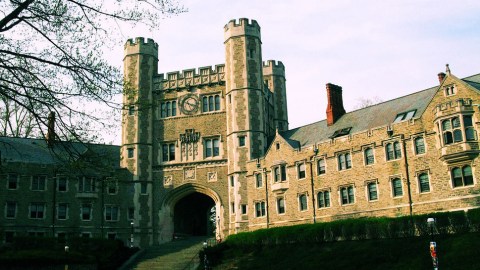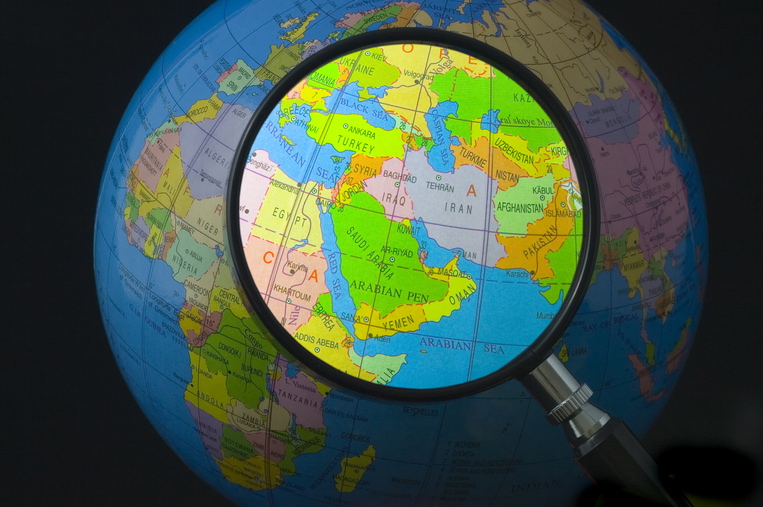American Universities and the Fate of the Middle East

As governments teeter throughout the Middle East, the political outcomes of the populist Arab revolts—Western style democracy, Islamist theocracy, or something in the middle—are largely out of the West’s control. But international relations expert Parag Khanna suggests that a choice made ten years ago—not by the State department, but by American universities—could have the greatest impact:
“At the time of greatest animosity between the United States and the Arab world after 9/11, it was American universities that said ‘since we’re having difficulty getting our top tier Arab students visas to come to the United States, we’re going to work with the foreign governments in the Arab world to bring our campuses over there.’ And if you look one decade later there has been a flourishing of American higher education in the Middle East.”
This decision to set up satellite campuses across the Middle East was “the most positive act of public diplomacy that the U.S. could have taken in the last 10 years,” says Khanna.
The notion of the university as a global player is nothing new. “In the Middle Ages, universities were very important actors,” says Khanna. “The great global universities in Bologna, London, Paris and so forth that were formed during the Middle Ages spread knowledge much farther than just in their local communities, and the university is back as a global player in diplomacy.”
And this development underscores the changing face of global diplomacy—something Khanna calls “mega-diplomacy.” In our ever-shrinking world, diplomacy is no longer something practiced just by states; individual actors—universities, companies, philanthropists, etc.—can play a greater role in global affairs.
More Resources:
—NY Times article about American universities’ scramble to set up Middle East outposts
—Video of Council of Foreign Relations-sponsored panel on the progressive role of American universities in the Middle East





